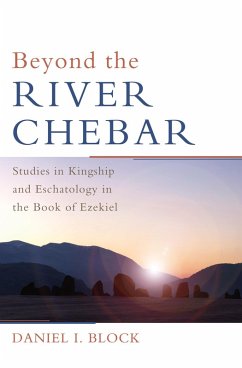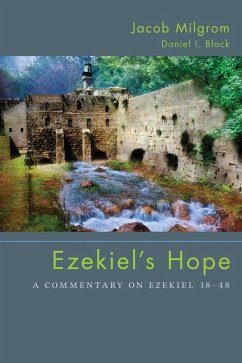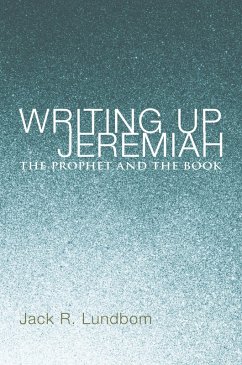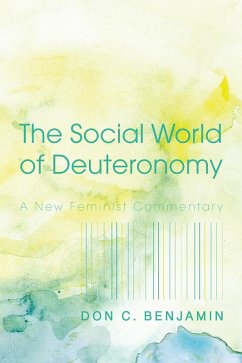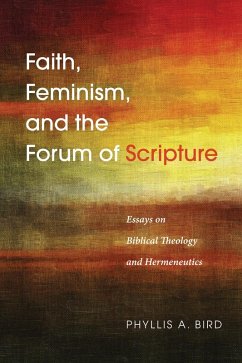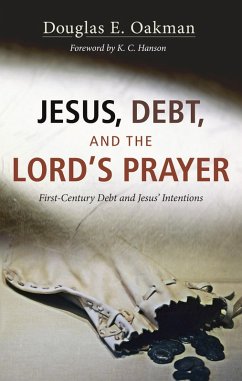To many readers the book of Ezekiel is a hopeless riddle. We still find many features of the man and his message difficult and sometimes even shocking, if not offensive. The bizarre opening vision catches us off guard and tempts us to stop reading. However, if we persist, and if we meditate long and hard on individual utterances and sign actions, we will discover that despite the strangeness of the man and his utterances, this is the most clearly organized of the major prophetic books. Individual prophecies are clearly marked by headings and often by conclusions. If we persist, we will also discover that from a rhetorical perspective, this priestly prophet knew his audience; he recognized in Judah's rebellion against YHWH the underlying cause of the divine fury that resulted in the exile of his people and the fall of Jerusalem to the Babylonians in 586 BCE. But he also recognized that YHWH's judgment could not be the last word. Because his covenant was eternal and irrevocable he looked forward to a day of spiritual renewal and national restoration. This is the first of two volumes of essays on Ezekiel and his book. The seven general essays and two studies of particular texts in this collection explore the times, the message, and the methods of the prophetic priest.
Dieser Download kann aus rechtlichen Gründen nur mit Rechnungsadresse in A, D ausgeliefert werden.



